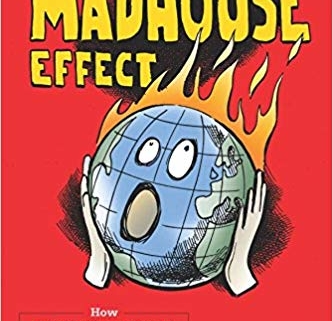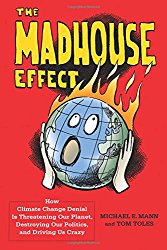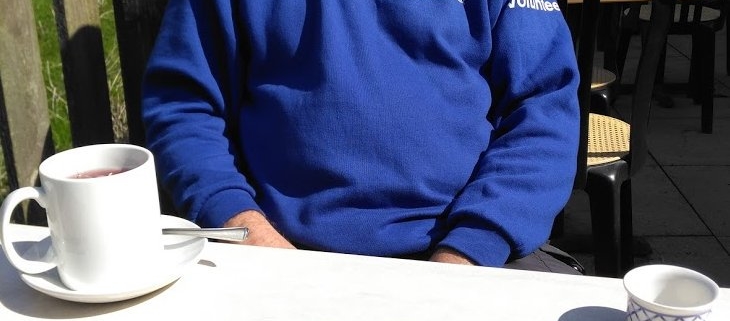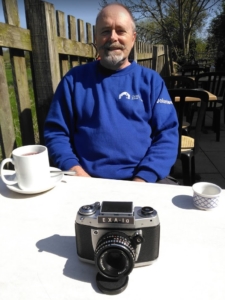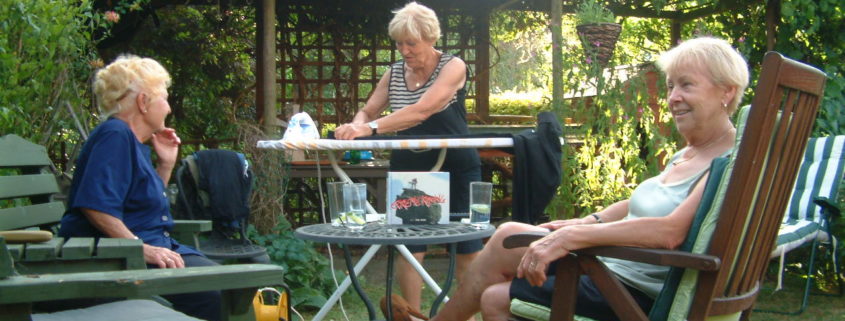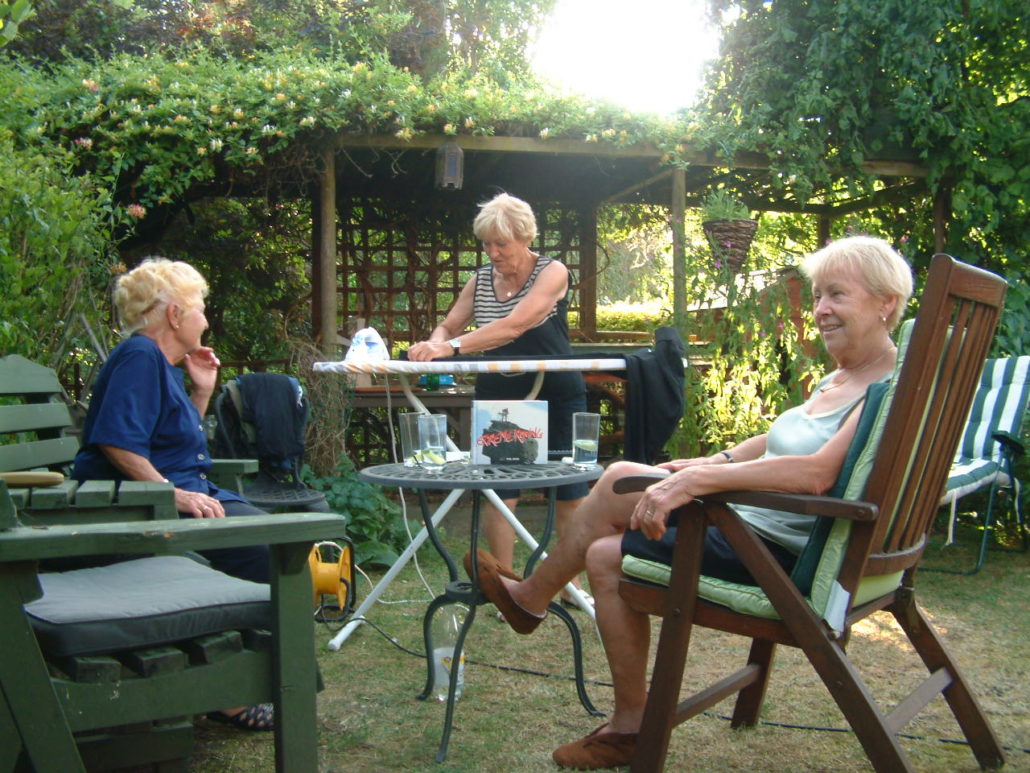A journey in language – cycling, TV, and then a degree
How social media partner Mike Gayler cycled into an Open University French degree
By Mike Gayler
I shared this story with an email contact recently and thought it might be interesting for readers of the HE Translations blog to know a little about my journey in language. It’s an unconventional tale, but I hope that you find it interesting, and, perhaps a little motivating if you’ve ‘failed’ in a skill at a younger age. At school I had a persistent French teacher. I was an enthusiastic but clueless language student, and I failed French ‘O’ levels in both 1971 and twice in 1972!
I started work for the National Health Service in the autumn of 1972 and the following summer I took my bicycle on the ferry and cycled through France for a fortnight. Being on my own, and staying in Youth Hostels it was very much a case of “speak French or starve”! I did survive, and the following year cycled round the coast of Brittany. From that point on I was aware that I could ‘get by in French’. And ‘get by’ I did – we took family holidays to France, and I took part in many cycle-tourist events in France and Belgium where my rudimentary language skills came in very handy.








